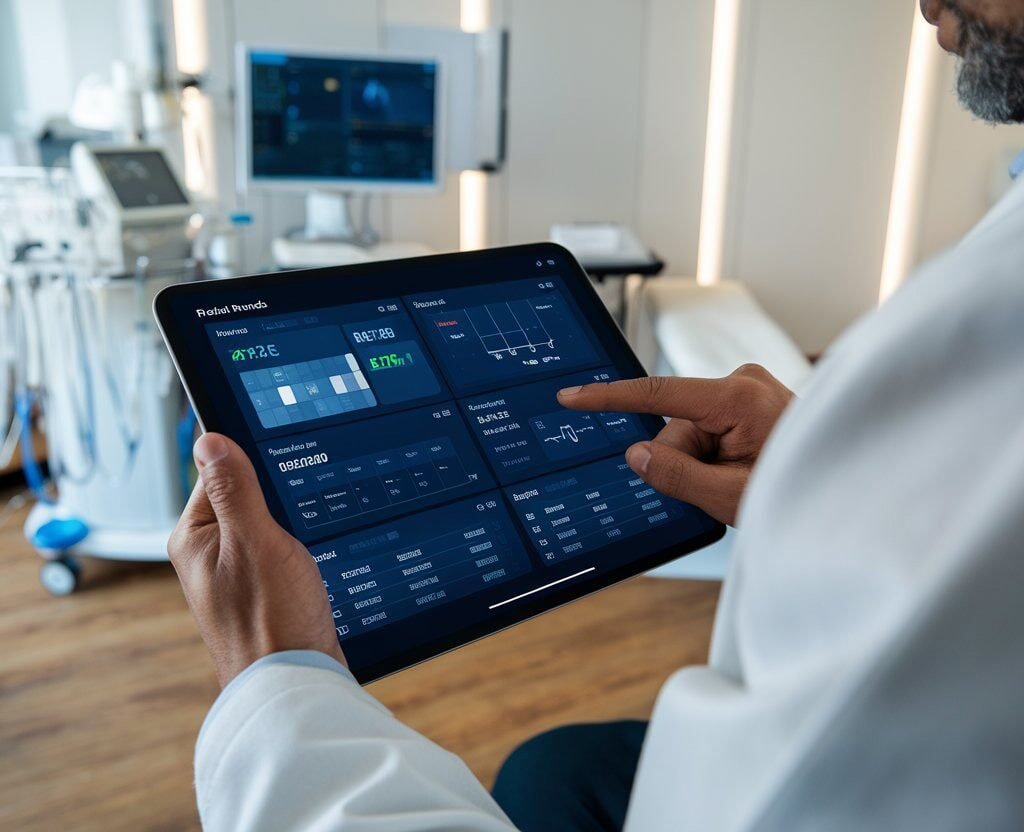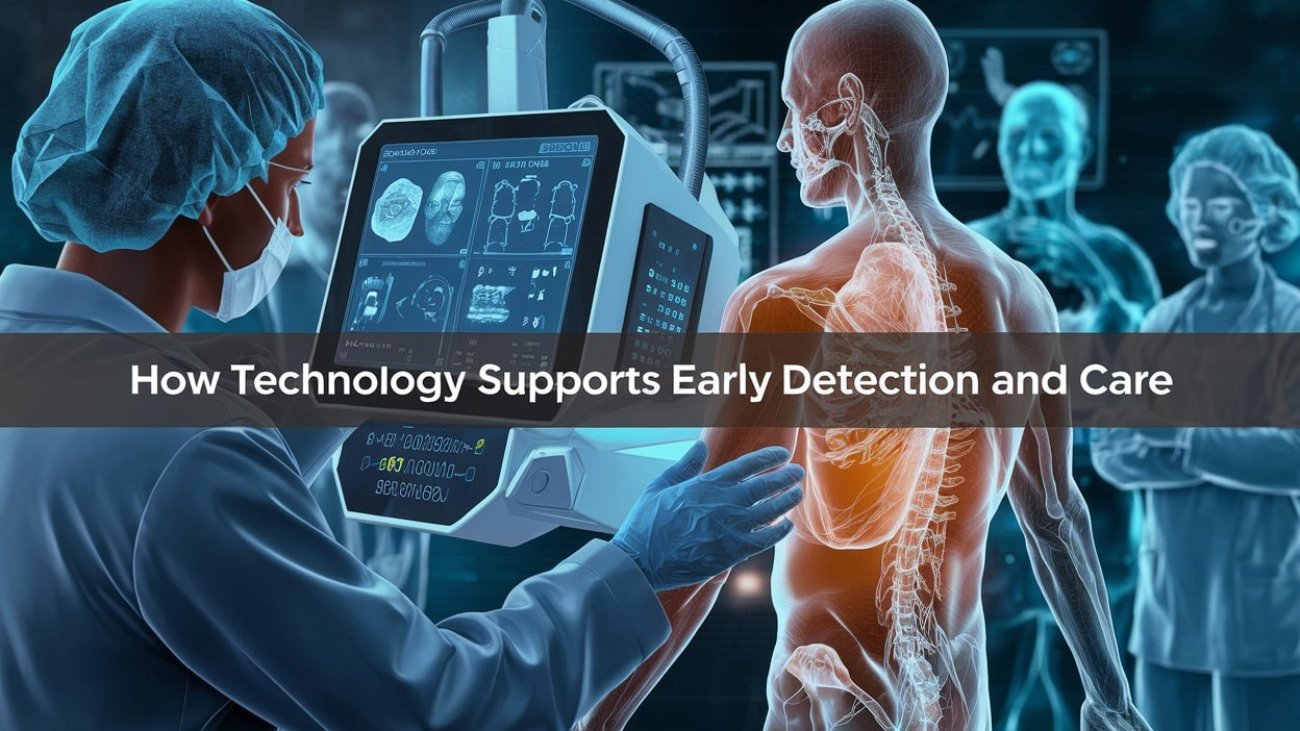Mental Wellness Monitoring: How Technology Supports Early Detection and Care
In recent years, advancements in technology have revolutionized mental health care. With the development of AI-powered applications and wearable devices, individuals now have unprecedented access to tools that enable them to monitor their mental wellness continuously. This article explores the importance of mental wellness monitoring, the role of technology in detecting mental health concerns early, and how tools like Mentaligence are paving the way for proactive care.
Why Monitor Mental Wellness?
Mental wellness monitoring is a proactive approach that allows individuals to stay attuned to their mental health. Unlike traditional methods, where individuals often seek help after severe symptoms emerge, wellness monitoring tools offer insights into one’s mental health status in real-time.
The Benefits of Continuous Monitoring
Early Detection:
Monitoring tools can identify patterns and subtle changes in mental health, signaling potential concerns before they escalate.
Personalized Care:
By analyzing individual behavior, AI tools can tailor suggestions and support based on specific needs.
Improved Mental Health Outcomes:
Timely intervention prevents severe mental health crises, leading to better overall well-being.
How AI-Powered Technology Enhances Mental Health Monitoring
With the rise of AI, mental health assessments have become more accessible and insightful. Platforms like Mentaligence offer a range of benefits that transform how mental wellness is understood and managed.
1. Data-Driven Insights
AI tools use algorithms to detect changes in behavior, responses, and emotional trends. For instance, Mentaligence’s AI-powered app employs questions that evaluate emotional states, energy levels, and mood, providing a daily score as a mental wellness indicator.
2. Customizable Alerts and Reminders
The app can send alerts if a user’s wellness score shows signs of decline. These reminders help users or caregivers take action, like scheduling a therapy session, practicing relaxation techniques, or reaching out to support networks.
3. Remote Care for Caregivers and Families
Mental wellness tools are invaluable for caregivers, allowing them to monitor their loved ones’ mental states. Especially in cases of long-term care, where regular check-ins can be challenging, AI tools bridge the gap, providing caregivers with real-time updates.

Wearable Technology: The Convenience of Mentalink
Wearable devices like Mentalink make mental wellness monitoring accessible even to those who may not use mobile apps regularly. This necklace-style device conducts verbal check-ins, recording responses for AI analysis. Such devices simplify mental health monitoring for elderly individuals, ensuring they receive the support they need without complex interactions.
Privacy and Security in Mental Wellness Monitoring
An essential aspect of mental wellness tools is ensuring that user data is secure. Platforms like Mentaligence use encryption and privacy protocols to protect sensitive information. As AI-driven mental health tools grow, maintaining high standards for data security will continue to be a top priority.
Conclusion
Mental wellness monitoring is no longer limited to occasional therapy sessions. Through advanced AI applications and wearable technology, individuals can now access continuous mental health support. Tools like Mentaligence empower users and caregivers to take proactive steps, leading to a more supportive and preventive approach to mental health.
